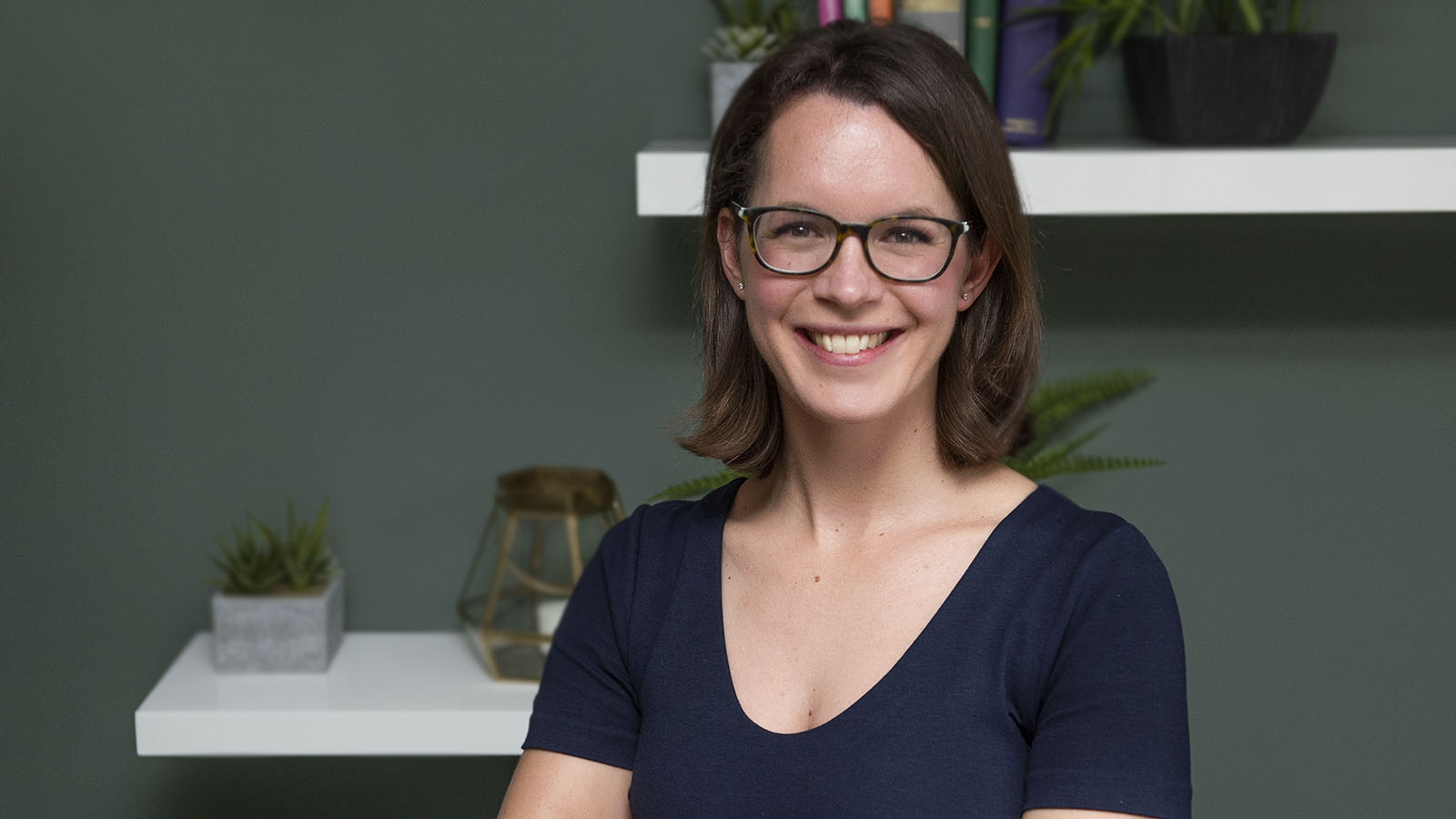The divorce capital of the world; a reputation that some say London has attracted because divorcing wives will tend to be awarded a bigger share of the money here than in other countries. Whilst the English courts will be the only forum to turn to for most divorcing couples in Hertfordshire, it is not unusual for couples with more than one nationality or with an international lifestyle to race to start divorce proceedings in the country they believe will given them a more favourable outcome; wives typically here and husbands somewhere abroad.
Next month will mark the tenth anniversary of the landmark decision of the House of Lords in two cases, concerning a Mr and Mrs Miller and a Mr and Mrs McFarlane. Whilst different on the facts, the Lords determined the appeals together, using the opportunity to set out the principles to be considered to determine how property and assets should be divided between husband and wife on divorce.
The welfare of any children will always be the paramount consideration, after which three principles are to be applied: needs, compensation and sharing. ‘Needs’ will be the determining factor in the vast majority of cases and may justify a larger share of the money being awarded to the wife to ensure she is able to meet her needs and those of the children, whose main home is typically, though not always, with the mother.
In ‘big money’ cases the sharing principle will usually take precedence. Last month the High Court determined the financial outcome of the divorce of Nick Robertson, the founder of online fashion site, ASOS and his wife. The family’s total wealth of about £220million was more than enough to ensure both their and their children’s needs were met. The compensation principle was of no significance because Mrs Robertson experienced no foregone income as a result of the relationship for which she should be compensated. It was agreed that the wealth acquired during marriage should be shared equally. Argument focused on how shares in ASOS acquired before the start of the relationship should be treated. The judge concluded that half of the pre-existing shares should be shared equally between them resulting in Mrs Robertson receiving just short of a third of the overall assets.
For as long as the English courts recognise marriage as a partnership of equals, regardless of the roles adopted, divorcing wives will continue to fare well here.
The contents of this article are intended for general information purposes only and shall not be deemed to be, or constitute legal advice. We cannot accept responsibility for any loss as a result of acts or omissions taken in respect of this article.

